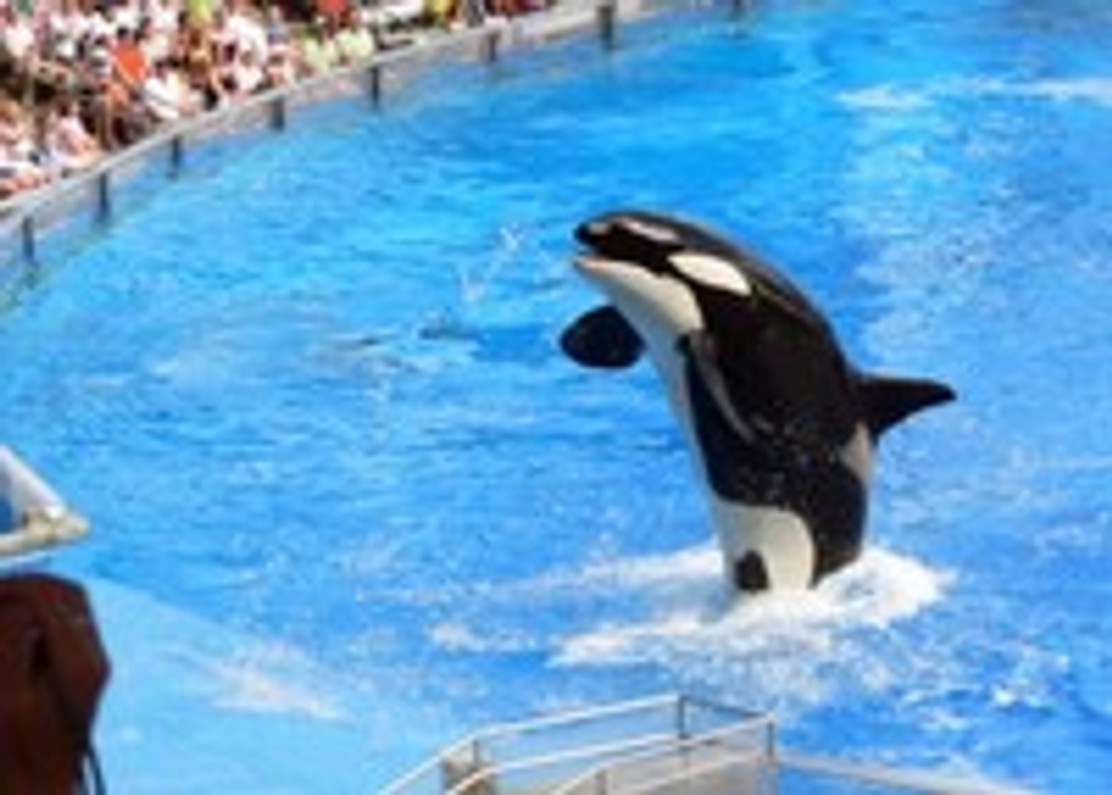SeaWorld Backs Out of OSHA Appeal
SeaWorld announced last month that it would no longer seek to appeal to appeal citations stemming from the 2010 drowning death of a trainer at its Orlando park. The company had originally planned to pursue an appeal, claiming the citations were unjust. However, recent fillings with the Securities and Exchange Commission (SEC) show that SeaWorld will not seek an appeal.
The Occupational Safety and Health Administration (OSHA) cited SeaWorld $75,000 for three safety violations in connection with the untimely death of a trainer. In 2010, 40-year-old SeaWorld trainer Dawn Brancheau was dragged into the pool by one of SeaWorld's whales, killing him on site. This incident, along with dozens of stories from former and current employees, spurred the eye-opening documentary "Black Fish," which criticizes SeaWorld's tactics regarding its housing and training of whales.
Surprisingly, this wasn't the first death caused by the orca whale named Tilikum. In 1991, a 20-year-old marine biology student was pulled under the water and drowned while working as a part-time trainer at SeaWorld. In 1999, 27-year-old Daniel P. Dukes sneaked past security guards after the park closed to swim with Tilikum. His body was discovered the following morning when workers were opening the park.
In the wake of recent criticism, SeaWorld said that it was expanding the marine habitats for its orca whales. The new habitats will be more than twice the size of the previous habitats, allowing the orcas to move and play more freely. But many people say this isn't enough, and majestic creatures like the ocra whale should be allowed to roam free in the open waters, not confined to a tank.
The orca whale is approximately 20 to 26 feet long and weighs 6.6 short tons when full grown.
SeaWorld published the following statement in its SEC filing:
"Additionally, from time to time, animal activist and other third-party groups may make claims before government agencies, bring lawsuits against us, and/or attempt to generate negative publicity associated with our business,” the filing says. “Such activities sometimes are based on allegations that we do not properly care for some of our featured animals. On other occasions, such activities are specifically designed to change existing law or enact new law in order to impede our ability to retain, exhibit, acquire or breed animals."
What are your thoughts on SeaWorld and its business practices? Let us know in the comments section below!
Recent Posts
-
Fire Safety in the Workplace: What You Need to Know
What steps are you taking to prevent fires in your workplace? According to the U.S. Occupational Saf …Aug 23rd 2023 -
Is It Safe to Go Jogging With a Cold Infection?
If you're suffering from a cold infection, you might be wondering whether it's safe to go jogging. T …Aug 22nd 2023 -
5 Safety Tips to Follow When Using a Powder-Actuated Tool
Powder-actuated tools are commonly used to join materials to steel and concrete. Also known as Hilti …Aug 20th 2023




